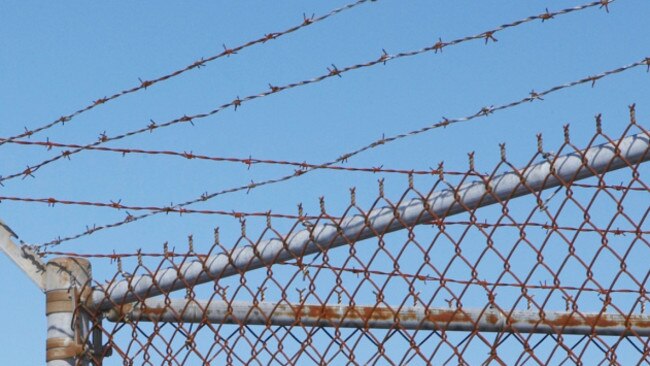One in three juvenile offenders have foetal alcohol spectrum disorder
The first Australian study of brain damage among juvenile offenders has uncovered foetal alcohol spectrum disorder.

The first Australian study of brain damage among juvenile offenders has uncovered the highest known rates of foetal alcohol spectrum disorder in any child prison population worldwide.
The two-year Telethon Kids Institute assessment of 113 youths at the Banksia Hill Detention Centre in Perth’s southwest found one in three suffer the irreversible condition known as FASD, which affects a person’s ability to consider consequences, can make them impulsive and can even make it difficult for them to understand what is being said to them. If they do understand, some with FASD find it hard to respond in a timely manner.
The researchers set out to screen for FASD using assessment guidelines established relatively recently, but they soon realised cognitive impairment of varying kinds was widespread.
Of all the juvenile detainees assessed, 31 per cent had an IQ lower than 70. Among the juveniles with FASD, 47 per cent had an IQ lower than 70. Just 13 per cent of the youths in the detention centre were found not to have an impairment.
The study may go some way to explain frequent disruptions and even rioting at Banksia Hill Detention Centre, where detainees have been difficult to control. The findings confirm long-held suspicions among workers in the court and jail systems. While children who are charged with a crime are not routinely tested for FASD, WA Chief Justice Wayne Martin has previously said he believes the condition, which is caused when a pregnant woman drinks, is rife among young offenders.
About 70 per cent of the youths with FASD were indigenous, and more than 90 per cent were boys.
Telethon Kids Institute researchers preparing to reveal their findings at a conference in Canada this week have told The Australian it is possible the FASD rate is even higher than one in three. While final analysis of the 113 cases in the study continues, a further 41 young offenders at the centre were not assessed because a parent or other responsible adult could not be found in time to give permission.
While 12 juveniles did not want to be assessed, those who took part reportedly developed a trusting rapport with the Kids Institute team and have been given feedback to help them cope with things that are difficult for them.
Not all of these conversations were straightforward for the research team because some of the juveniles have difficulty understanding verbal information.
The researchers made recommendations to the detention centre about each youth. In one recent example, a teenager was unable to communicate with a guard by talking but was good at writing down what he needed to say.
Institute professor Carol Bower said three other studies of FASD among juvenile offenders worldwide found rates of between 10 and 23 per cent.




To join the conversation, please log in. Don't have an account? Register
Join the conversation, you are commenting as Logout